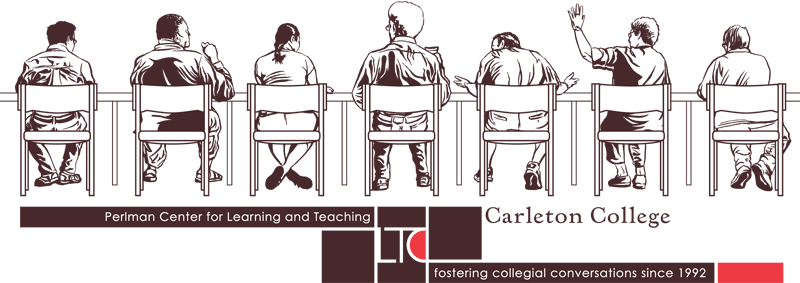I heard a program where Sherry Turkle, the author of Reclaiming Conversation described an experiment that involved young children. They were given a choice of either sitting alone in a chair for 15 minutes, or being given light electric shocks. The majority of the children said they would choose the shocks. I have taught yoga and drawing, both of which I could call “Concentrating 101”. The idea that young students would find it that difficult to be alone in their own thoughts is frightening to me. I think “active learning” does not mean getting up and moving around the room, but instead that it means that real learning is internal, relying on ones’ own imagination. Some measure of solitude and quiet contemplation seems necessary to me for the kind of thoughtful learning we hope for. But this seems to be swimming against the current.
I have talked to a number of students who have told me that they are uncomfortable being alone. Others describe their friends as their support network. If they struggle, they turn to these friends rather than to any of the services the College might offer. Phones had radically changed our culture. I think that these issues are related to problems in reading and study habits.
I have also talked to students who have admitted to problems with reading. Some described having to read at a very slow pace of just a few pages per hour, unable to concentrate. They say that reading does not hold their attention. They devise strategies to try to hide this problem. They choose courses based on low reading requirements. They often don’t complete reading for classes, and try to stay quiet in discussions. They put off reading until the last minute. Problems in reading often lead to struggles in writing for classes because they don’t have a good grasp of the material. We could do more to model the importance of the book, and to emphasize the liberating effect that reading can have.
I don’t know how widespread this is, but I do know that it is an issue for some of our students. While we have effective support for writing, study skills, and math, I think that we just assume that students have enough reading skills to keep up. We seem to find it too remedial to consider offering explicit help for students to improve in their reading and how to organize their thoughts as they read. There is obviously a range of skills in this regard. Many of our students can read quickly enough to keep up with demanding assignments and difficult material. But some of our students can’t do this, or else they have habits and skills that are at least less than many of their peers. I think that we have assumed that the skills of reading are so fundamental that any student who is admitted to Carleton can read with the kind of speed and retention that we expect. If I have learned anything over the last three years, it is that we should examine this basic skill, not take it for granted, and have some help in place for students who struggle in this area. There is a stigma attached to this, making it a difficult thing to confront. I think this issue will get worse in the future, and I would like to see us be creative about the pedagogy of reading.
